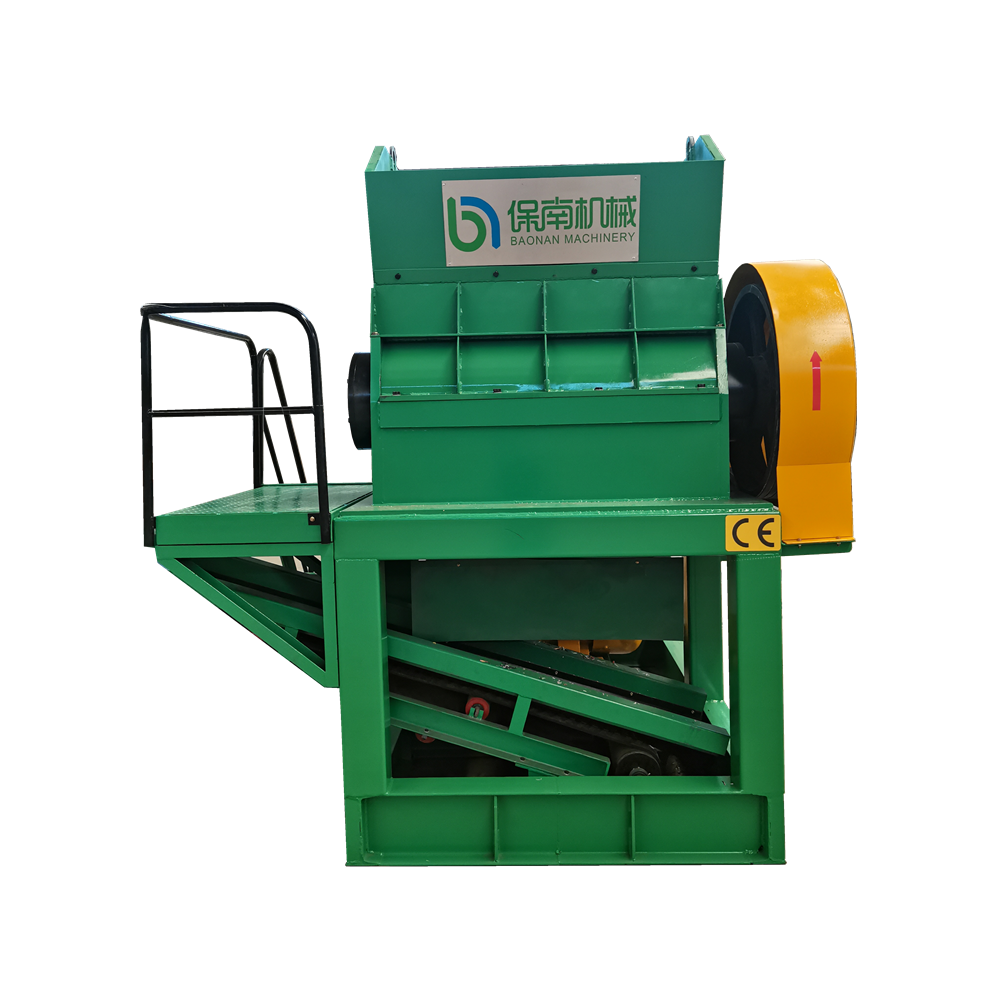

دسمبر . 06, 2024 16:39 Back to list
How Do You Recycle Old Electronics?
In our fast-paced technological world, electronics have become an essential part of our daily lives. From smartphones and laptops to televisions and tablets, we rely on these devices for communication, entertainment, and productivity. However, as technology advances, old electronics can accumulate quickly, leading to a pressing environmental issue electronic waste (e-waste). Recycling old electronics is a crucial step towards a sustainable future, and understanding how to do it responsibly is essential for everyone.
Why Recycle Old Electronics?
Recycling electronics is important for several reasons. Firstly, e-waste contains numerous hazardous materials such as lead, mercury, cadmium, and brominated flame retardants, which can pose significant risks to human health and the environment if improperly disposed of. Secondly, many electronic devices still contain valuable materials, including precious metals like gold, silver, and copper. Recycling helps recover these resources, reducing the need for mining and minimizing environmental impact. Lastly, proper recycling can reduce landfill waste and promote a culture of sustainability.
Steps to Recycle Old Electronics
1. Assess the Condition of Your Electronics The first step in recycling old electronics is to determine whether they are still functional or not. If the device is still working, consider donating it to charities, schools, or organizations that accept used electronics. Many places also offer reuse programs where refurbished devices can find a new lease on life.
2. Erase Personal Data Before recycling or donating any electronics, it is crucial to erase all personal data. For computers and smartphones, perform a factory reset and remove any accounts linked to the device. For hard drives, consider using data-wiping software that meets security standards to ensure data cannot be recovered.

3. Research Local Recycling Programs Many communities offer e-waste recycling programs, often facilitated by local governments or non-profit organizations. Research available options in your area, as some municipalities host regular collection events, while others may have designated drop-off locations. It’s essential to use certified e-waste recyclers, as they adhere to environmental regulations and industry best practices.
4. Understand What Can Be Recycled Not all electronics are eligible for curbside recycling. Items typically accepted include computers, laptops, tablets, televisions, monitors, printers, and phones. However, it’s important to confirm what materials your local recycling facility accepts. Common items not accepted may include household appliances, batteries, and some types of electronic accessories.
5. Consider Mail-In Options If local recycling facilities are limited, many organizations and manufacturers offer mail-in recycling programs. Research companies that provide prepaid shipping labels, allowing you to send old electronics directly to them for recycling. This approach is convenient and ensures that your devices are handled responsibly.
6. Participate in Take-Back Programs Several electronics manufacturers have implemented take-back programs, encouraging consumers to return old products instead of discarding them. Companies like Apple, Best Buy, and Dell offer incentives such as discounts on new purchases in exchange for recycling your old device. Always check with the manufacturer for specific details about their program.
7. Spread Awareness After recycling your old electronics, encourage friends, family, and colleagues to do the same. Share information about local recycling options and the importance of responsible e-waste disposal. The more people who become aware of this issue, the greater the impact we can collectively make on our environment.
Conclusion
Recycling old electronics is an essential part of addressing the growing problem of e-waste. By taking the proper steps, including assessing your devices, erasing personal data, researching local recycling options, and participating in take-back programs, you can contribute to a more sustainable future. Remember that every small action counts, and by being responsible in how we dispose of our outdated electronics, we can help protect the environment and conserve valuable resources. Let’s commit to recycling our old devices and encourage others to do the same, paving the way for a cleaner, greener planet.
Latest news
Troubleshooting Common Eddy Separator Problems
NewsJul.04,2025
The Role of Metal Recycling Plants in Circular Economy
NewsJul.04,2025
The Impact of Recycling Line Pickers on Waste Management Costs
NewsJul.04,2025
Safety Features Every Metal Shredder Should Have
NewsJul.04,2025
How Industrial Shredders Improve Waste Management Systems
NewsJul.04,2025
How Cable Granulators Contribute to Sustainable Recycling
NewsJul.04,2025